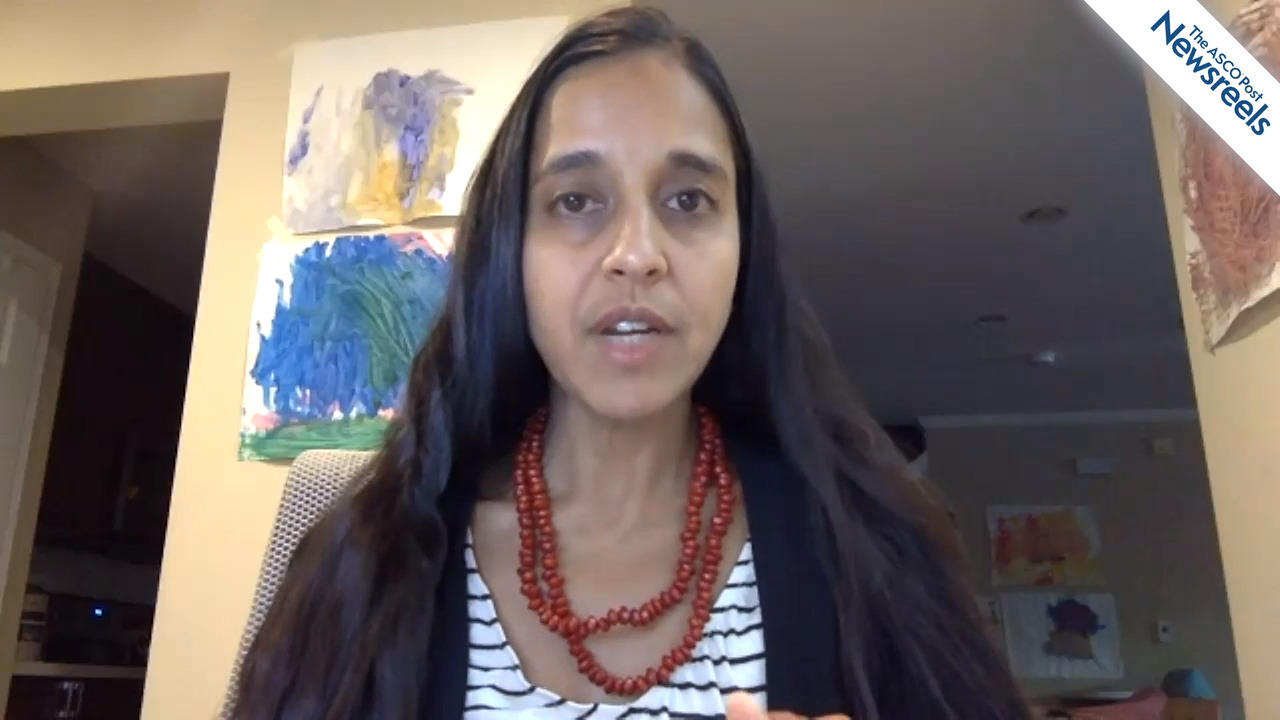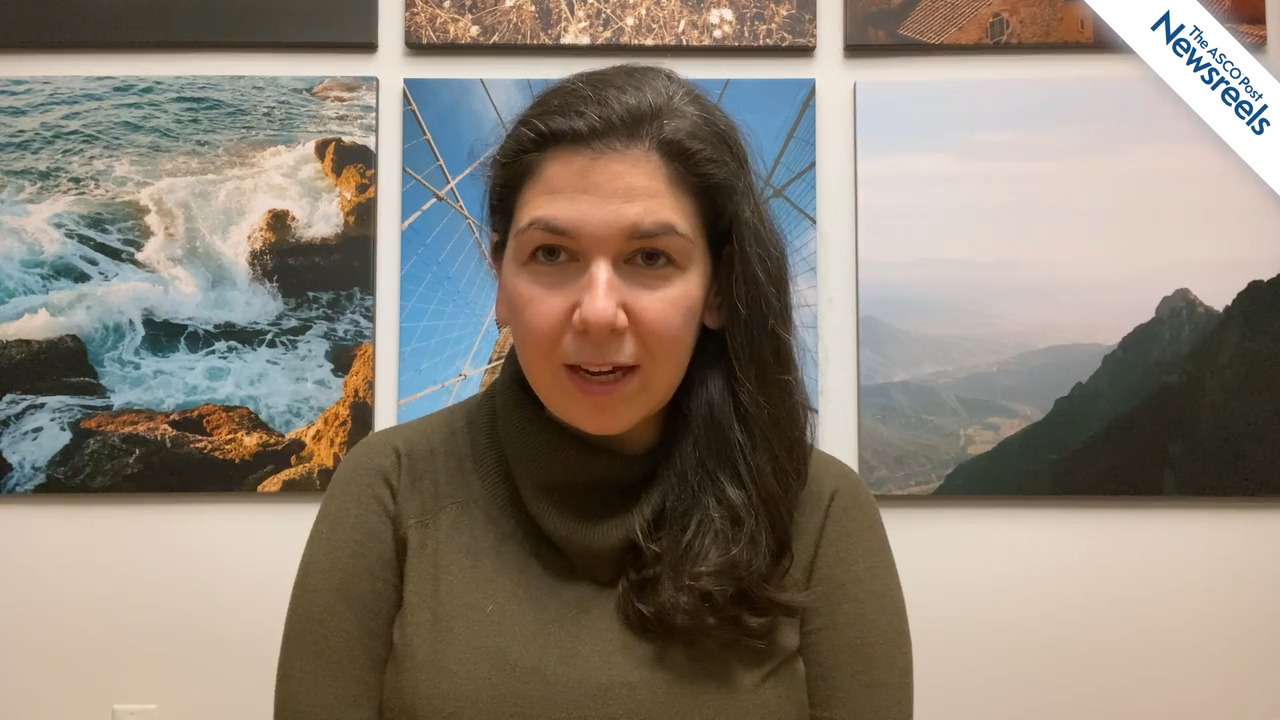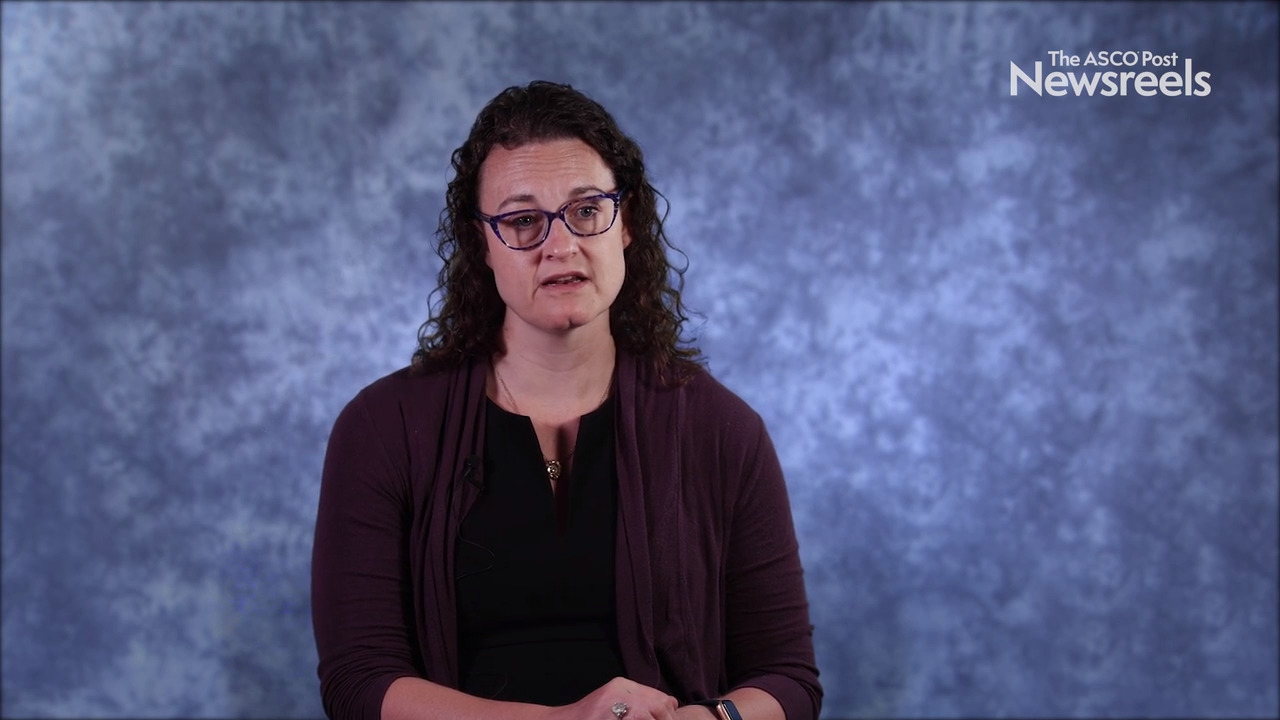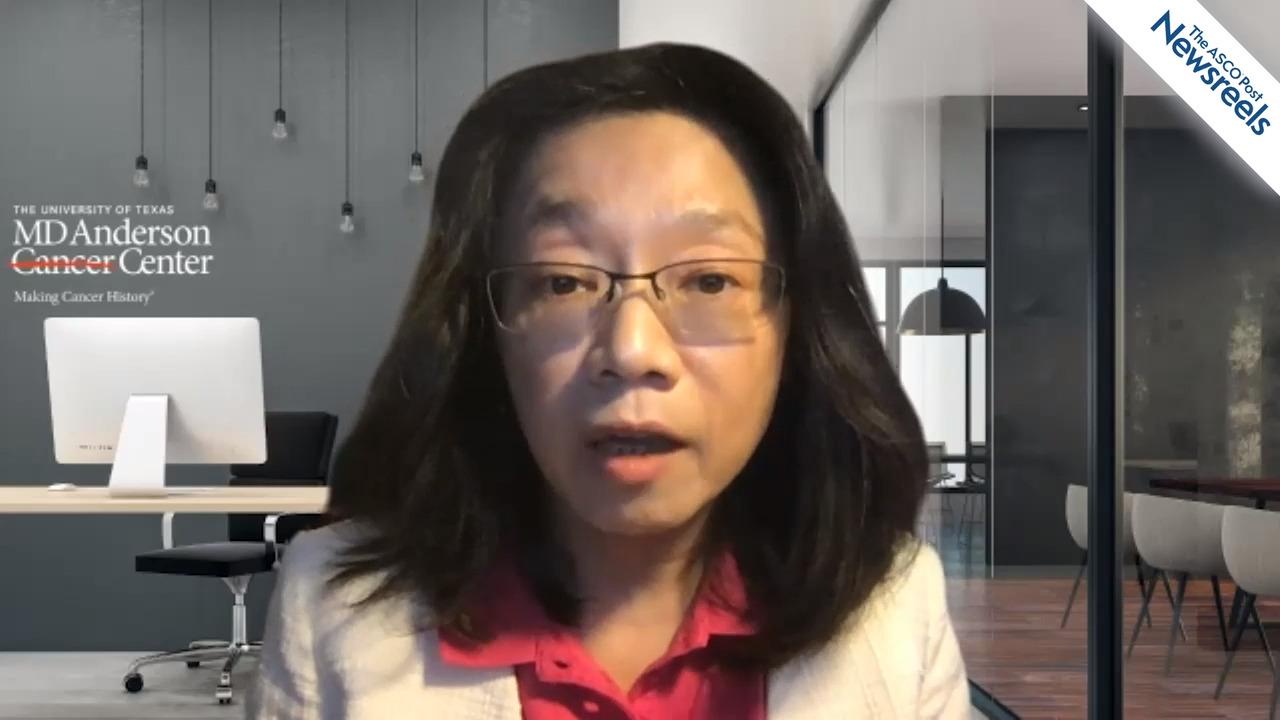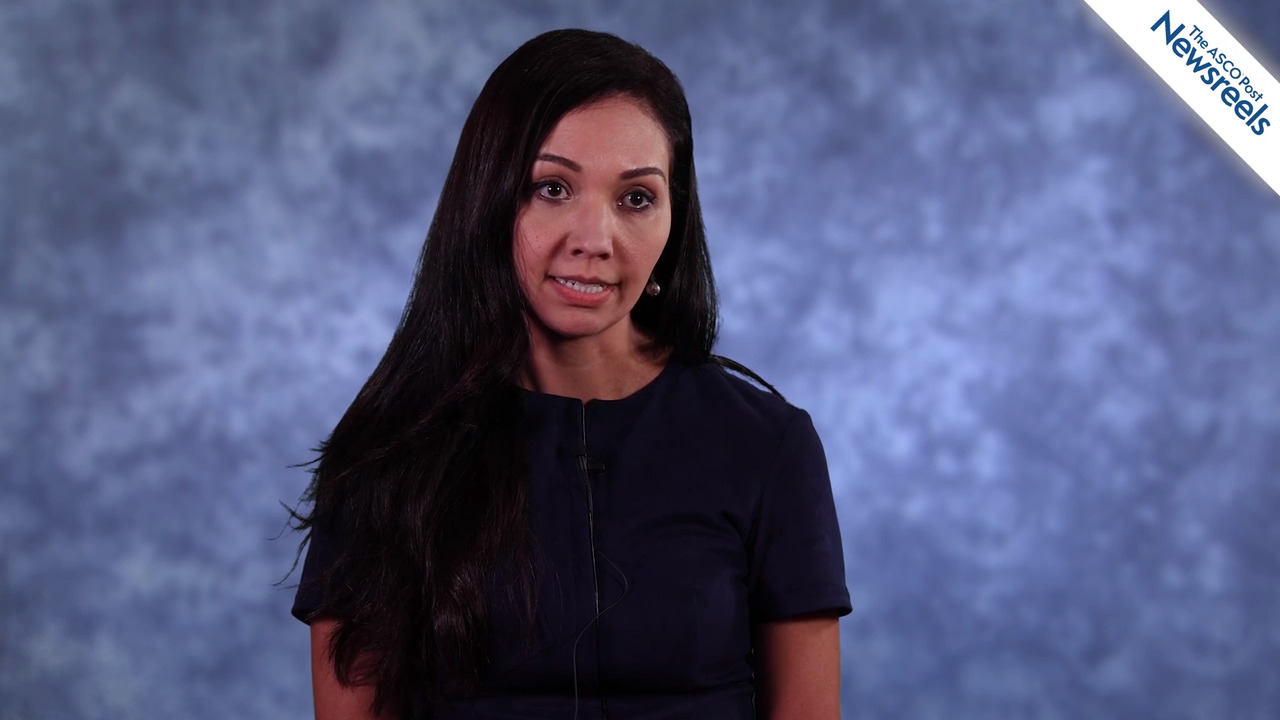Katherine E. Reeder-Hayes, MD, MBA, on Geography, Breast Cancer Treatment, and Racial Disparities
2021 ASCO Quality Care Symposium
Katherine E. Reeder-Hayes, MD, MBA, of the University of North Carolina at Chapel Hill, discusses the timeliness of breast cancer care for Black women compared with non-Black women in North Carolina. Her data showed that greater geographic variation exists in the timeliness of breast cancer care for Black women, with regions surrounding larger urban centers having the largest disparities.
The ASCO Post Staff
Manali I. Patel, MD, MPH, of Stanford University School of Medicine, discusses data suggesting that community health workers and innovative payer models can better engage low-income and minority patients with cancer, improve their health-related quality of life, and reduce unwanted and unnecessary acute care.
The ASCO Post Staff
Morgan R.L. Lichtenstein, MD, of Columbia University Medical Center, discusses a single-center prospective study examining the complex relationship between time to oral oncolytic receipt and clinical or process-related factors, such as prior authorization, diagnosis, and insurance type.
The ASCO Post Staff
Sarah S. Mougalian, MD, of Yale Cancer Center, discusses the increasingly common problem of long wait times for access to oncology care. Her team developed a next-day access program in several of Yale’s oncology services, which was well received by patients and decreased the time to first visit.
The ASCO Post Staff
Tina Shih, PhD, of The University of Texas MD Anderson Cancer Center, discusses the rising cost-sharing requirement from private insurance, which has worsened the financial burden for patients with cancer. She believes that cost-containment policies alone may not be enough to ease this hardship.
The ASCO Post Staff
Leticia Nogueira, PhD, MPH, of the American Cancer Society, discusses results from a study designed to evaluate the impact of Medicaid expansion under the Affordable Care Act (ACA). In Medicaid-expansion states, mortality among patients after lung cancer surgery decreased from 2.4% before the ACA to 0.8% after the ACA, with no significant change in non–Medicaid-expansion states.
